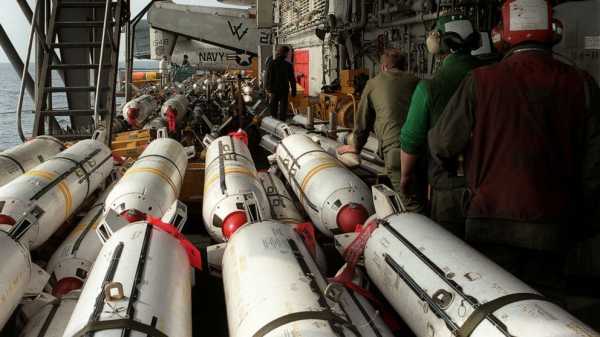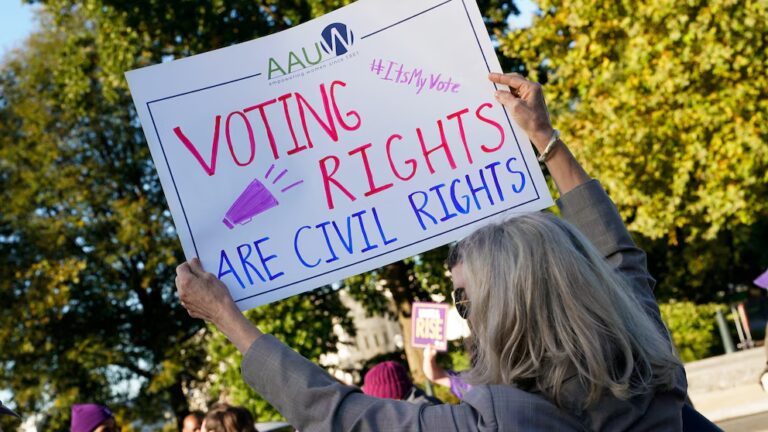The U.S. is expected to announce as early as Friday that it will provide controversial cluster munitions to Ukraine as part of a new military aid package in the fight against Russian invaders, two U.S. officials tell ABC News.
The decision to send the munitions will be made by President Joe Biden.
Numerous countries have banned the use of cluster munitions, which can risk civilian deaths and injuries when bomblets fail to initially explode after being deployed. The weapons pack such bomblets into rockets, bombs, missiles and artillery shells that break apart midair and scatter the munitions over a large area.
MORE: Zelenskyy to ABC: Russia could sabotage nuclear power plant to halt Ukrainian advances
The U.S. is not a signatory to an international convention forbidding the deployment of cluster munitions and last used them during the invasion of Iraq in 2003.
Ukraine has been asking for more of them and Russia has been using them in its invasion.
The failure of the small munitions to initially explode is known as the "dud rate" — and the higher the dud rate, the more dangerous they can become.

In this March 22, 1986, file photo, U.S. Navy aviation ordnancemen stage Mark 20 Rockeye II cluster bombs aboard an aircraft carrier in the Mediterranean Sea in this U.S. Navy handout photo.US Navy via Reuters, FILE
Pentagon spokesman Brig. Gen. Pat Ryder said Thursday that he had no announcements to make about cluster munitions but acknowledged they have been under consideration.
He explained that there are multiple versions of cluster munitions but that the version being considered for use in Ukraine is contained in 155 mm shells fired from American howitzer artillery.
There are different versions of those shells from different stockpiles and the ones being looked at for Ukraine would not be older versions with higher dud rates, Ryder said: "The ones that we are considering providing would not include older variants with [dud] rates that are higher than 2.35%."
MORE: President Zelenskyy says Ukrainian counteroffensive is 'advancing' but 'we want to do it faster'
He insisted that "we would be carefully selecting rounds with lower dud rates for which we have recent testing data" from 2020. And he noted that the Russian dud rates on their cluster munitions are much higher — though he did not provide an estimate.
Sending cluster munitions to Ukraine would provide "anti-armor and anti-personnel capability," Ryder said, adding, "So clearly a capability that would be useful in any type of offensive operations."
Sourse: abcnews.go.com






